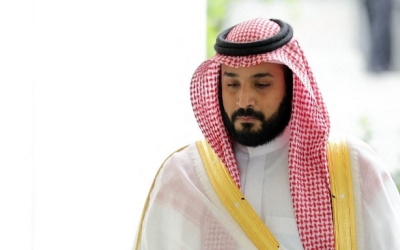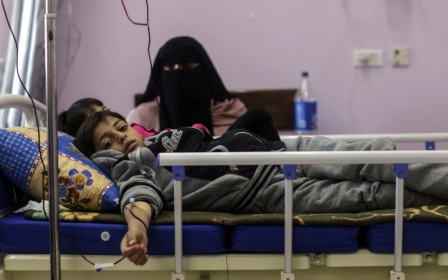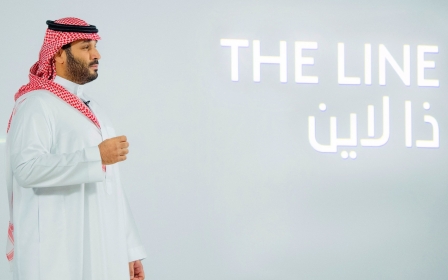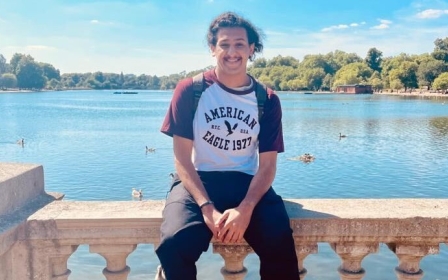Saudi Arabia’s al-Rajhi family becomes largest shareholder in Israeli autotech firm
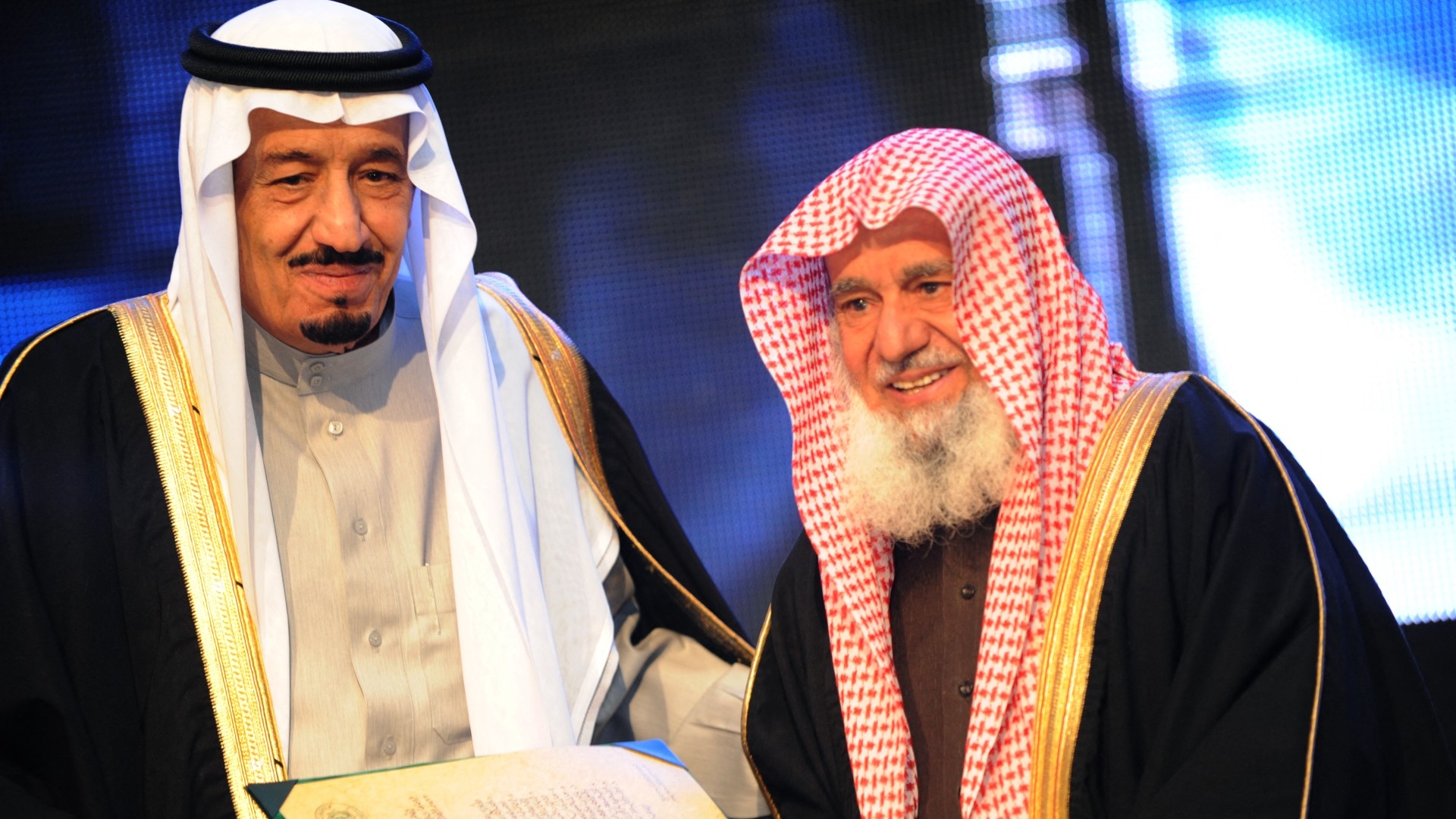
An investment vehicle owned by the al-Rajhi family, one of Saudi Arabia’s wealthiest non-royal families, has become the biggest shareholder in an Israeli autotech company.
Mithaq Capital, which is registered in the Cayman Islands but has its headquarters in Riyadh, has increased its share in Otonomo Technologies to 20.41 percent, according to a 20 July filing with the US Securities and Exchange Commission.
Otonomo is an automotive technology company that uses data and intelligence to “deliver advanced driver solutions”. It is headquartered in Herzliya Pituach, an affluent beachfront neighbourhood north of Tel Aviv.
The Saudi-owned fund acts as “an investment vehicle for certain members of the Al-Rajhi family”, last week's regulatory filing stated.
The family owns Al-Rajhi Bank - the world’s largest Islamic bank, with assets of $125bn. The bank has around 600 branches in Saudi Arabia and over 1,400 ATMs, making it among the largest retail and commercial banking operations in the kingdom.
It also owns Al-Rajhi Factory for Plastic and Foam Industries and Al-Watania, one of the leading chicken-processing companies in the Middle East.
'We like innovation culture in Israel'
Members of the family frequently feature in lists of the richest individuals in the region. The late Sulaiman al-Rajhi, a founder of the family’s bank, was well-known for donating significant amounts of his wealth to charitable causes in Saudi Arabia.
Turki Saleh al-Rajhi, a member of the family, is one of two directors of Mithaq Capital.
“We like the innovation and the technology culture that Israel has, and we try to find ways to benefit from that,” said Muhammad Asif Seemab, the other director of the investment vehicle.
“As part of our investment process - other than Shariah compliance - we are country-agnostic, and sector-agnostic.”
Saudi Arabia does not officially recognise Israel; however, ties between the two have been warming in recent years and diplomacy has frequently been conducted in secret.
In July last year, Saudi Arabia revised tariff concessions on imports from fellow members of the Gulf Cooperation Council (GCC) to exclude goods containing a component made or produced in Israel, or manufactured by companies owned fully or partially by Israeli investors.
In 2020, former US President Donald Trump’s administration brokered normalisation agreements between Israel and four Arab countries - the United Arab Emirates, Bahrain, Sudan and Morocco.
Saudi Arabia was supportive of the process and officials in the kingdom have spoken about following suit, but have insisted the country will not move forward until progress has been made on addressing the Israeli-Palestinian conflict.
Middle East Eye propose une couverture et une analyse indépendantes et incomparables du Moyen-Orient, de l’Afrique du Nord et d’autres régions du monde. Pour en savoir plus sur la reprise de ce contenu et les frais qui s’appliquent, veuillez remplir ce formulaire [en anglais]. Pour en savoir plus sur MEE, cliquez ici [en anglais].


